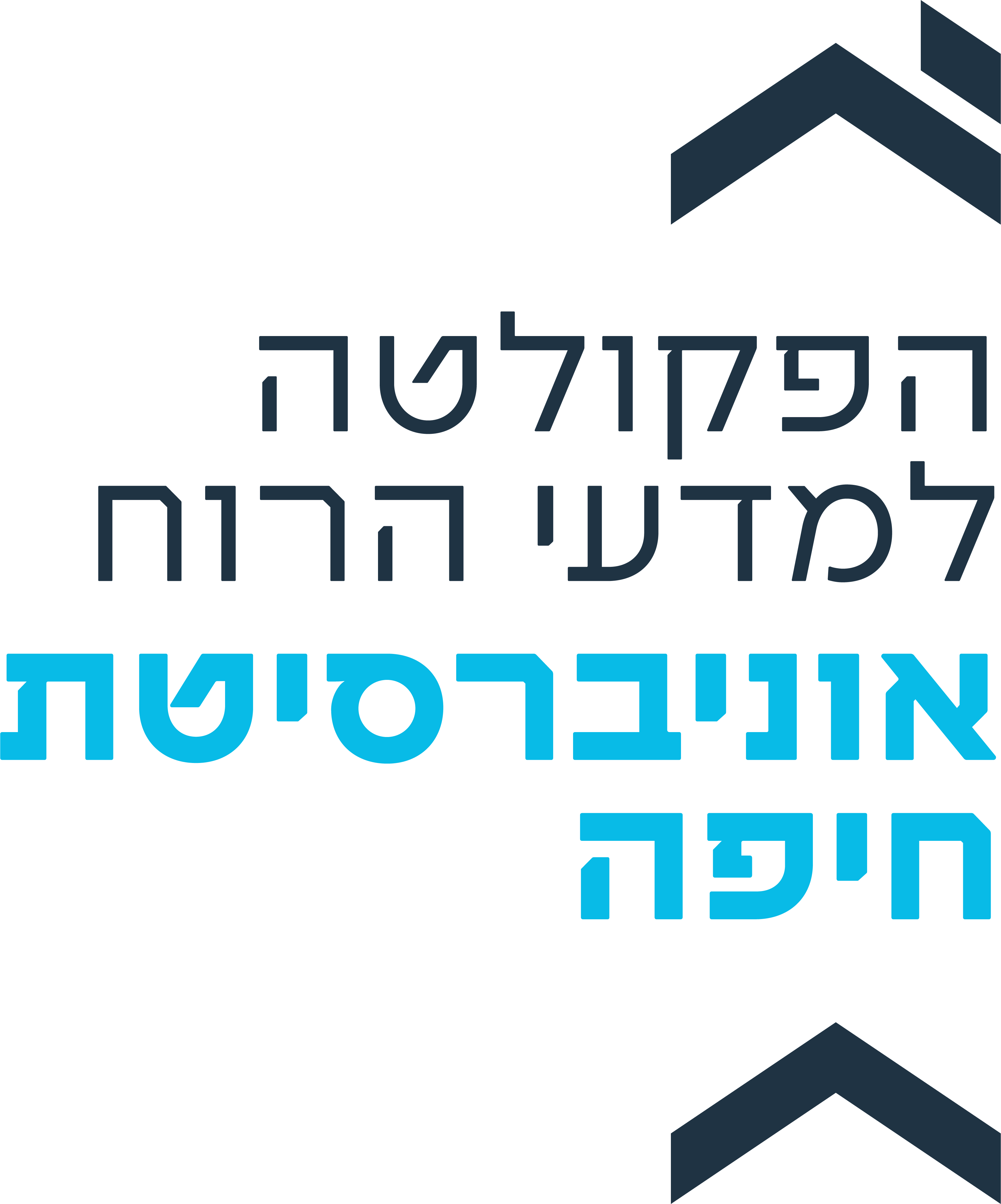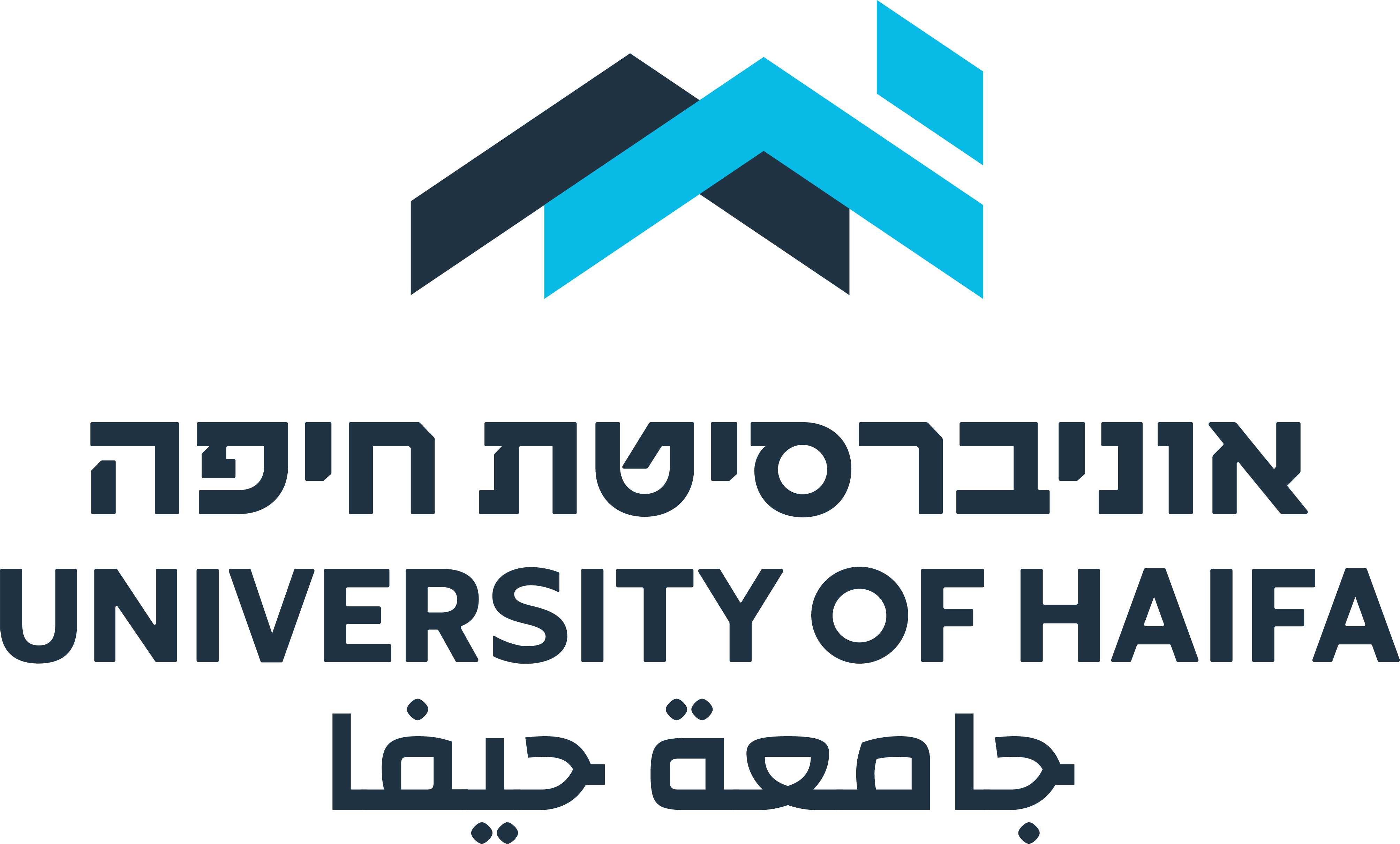Home - General
Generating Experimental Knowledge
experimental systems, concept formation and the pivotal role of error
Research group
University of Haifa, Department of Philosophy
Max Planck Institute for the History of Science, Berlin
Funded by the German-Israeli Foundation forScientific Research and Development (GIF)This email address is being protected from spambots. You need JavaScript enabled to view it. (University of Haifa, Israel)
Prof. Hans-JörgRheinberger (MPI for the History of Science, Berlin, Germany)
This email address is being protected from spambots. You need JavaScript enabled to view it. (MPI forthe History of Science, Berlin, Germany)The aim of the research project "Generating Experimental Knowledge: experimental systems, concept formation and the pivotal role of error" is to forge novel approaches to the problem of scientific experimentation. A core procedure of the scientific enterprise, experimentation has been receiving the attention of historians and philosophers of science for about two decades. But, although new perspectives have opened up, one essential feature has remained largely unanalyzed -- the very role of experiment as a knowledge-generating procedure. The complex structure and the associated dynamics of knowledge claims grounded in experiment have hardly been addressed. To do so, we suggest to concentrate on three focal points: experimental systems, concept formation, and the pivotal role of error
Generating Experimental Knowledge
experimental systems, concept formation and the pivotal role of error
Research group
University of Haifa, Department of Philosophy
Max Planck Institute for the History of Science, Berlin
Funded by the German-Israeli Foundation forScientific Research and Development (GIF)
Prof. Hans-JörgRheinberger (MPI for the History of Science, Berlin, Germany)
Experimental systems
Experimental systems are essentially hybridarrangements: In a permanently changing and varying pattern, they mix upelements that historians and philosophers of science usually wish to haveproperly separated. This desire for separation is due to a vision of anepistemic purity that has no counterpart in the process of science in themaking. In experimental systems, research objects, theories, technicalarrangements, instruments as well as disciplinary, institutional, social, andcultural dispositifs add up to amalgams of widely different constitution. Starting from such units and going one step further, an analysis of howdifferent experimental systems interact -- how they overlap, delimit, exclude, or supplement each other -- should provide insight into the developmentaldynamics of broader fields of science.
A philosophy of science thatfollows the dynamics of experimental systems is no longer concerned withdichotomies such as extrinsic versus intrinsic factors of scientificdevelopment, dominance of theory versus dominance of practice, basic scienceversus technical applications, or biographical-historical versus rationalreconstruction. And history of science, in the experimental systems' perspective -- beyond a history of ideas or persons, disciplines or institutions -- becomesalso, and above all, a history of epistemic things.
The perspective ofexperimental systems should not be equated with a new claim for the autonomy ofthe sciences, transposed from the rationality of scientific thinking into thecomplexity of experimental tinkering. In experimental systems, experiment andtheory are so intricately interwoven that the deductive or prospective functionof the experiment appears to be largely marginal. As a rule, scientificinnovation in the empirical sciences is achieved in the exploratory domain andbeyond disciplinary boundaries.
Experimental systems are essentially hybridarrangements: In a permanently changing and varying pattern, they mix upelements that historians and philosophers of science usually wish to haveproperly separated. This desire for separation is due to a vision of anepistemic purity that has no counterpart in the process of science in themaking. In experimental systems, research objects, theories, technicalarrangements, instruments as well as disciplinary, institutional, social, andcultural dispositifs add up to amalgams of widely different constitution. Starting from such units and going one step further, an analysis of howdifferent experimental systems interact -- how they overlap, delimit, exclude, or supplement each other -- should provide insight into the developmentaldynamics of broader fields of science.
A philosophy of science thatfollows the dynamics of experimental systems is no longer concerned withdichotomies such as extrinsic versus intrinsic factors of scientificdevelopment, dominance of theory versus dominance of practice, basic scienceversus technical applications, or biographical-historical versus rationalreconstruction. And history of science, in the experimental systems' perspective -- beyond a history of ideas or persons, disciplines or institutions -- becomesalso, and above all, a history of epistemic things.
The perspective ofexperimental systems should not be equated with a new claim for the autonomy ofthe sciences, transposed from the rationality of scientific thinking into thecomplexity of experimental tinkering. In experimental systems, experiment andtheory are so intricately interwoven that the deductive or prospective functionof the experiment appears to be largely marginal. As a rule, scientificinnovation in the empirical sciences is achieved in the exploratory domain andbeyond disciplinary boundaries.
Concept formation
These episodes manifest a specifictype of experimentation that one might call exploratory. Exploratory researchcan be found in different areas -- such as chemistry, optics, color theory, electricity and magnetism -- and in many periods, from the early modern onward. Not a testing procedure of theories, exploratory experiment follows neverthelessdistinct guidelines and epistemic principles. The systematic variation ofparameters is at the center of this experimental procedure. The aim is to findout which of the various parameters bears on the effect in question, and toformulate empirical regularities concerning these dependencies and correlations. In many cases, however, the very attempt to formulate regularities requires therevision of existing concepts and categories and the formation of new conceptswhich allow a stable and general expression of the experimental results. It ishere, in the domain of concept formation, that exploratory experimentation hasits most unique power and importance.
These episodes manifest a specifictype of experimentation that one might call exploratory. Exploratory researchcan be found in different areas -- such as chemistry, optics, color theory, electricity and magnetism -- and in many periods, from the early modern onward. Not a testing procedure of theories, exploratory experiment follows neverthelessdistinct guidelines and epistemic principles. The systematic variation ofparameters is at the center of this experimental procedure. The aim is to findout which of the various parameters bears on the effect in question, and toformulate empirical regularities concerning these dependencies and correlations. In many cases, however, the very attempt to formulate regularities requires therevision of existing concepts and categories and the formation of new conceptswhich allow a stable and general expression of the experimental results. It ishere, in the domain of concept formation, that exploratory experimentation hasits most unique power and importance.
The pivotal role of error
The historian and philosopher of science may gain an insight into the epistemic dynamics of experiment through the probing of experiments with error. Here one can see how the identification of an experimental error and its characterization may depend contextually on the philosophical outlook and methodological disposition by which the experiment is examined. One can then argue for a close connection between, on the one hand, epistemological framework and methodological approach and, on the other hand, detection and characterization of error.
The historian and philosopher of science may gain an insight into the epistemic dynamics of experiment through the probing of experiments with error. Here one can see how the identification of an experimental error and its characterization may depend contextually on the philosophical outlook and methodological disposition by which the experiment is examined. One can then argue for a close connection between, on the one hand, epistemological framework and methodological approach and, on the other hand, detection and characterization of error.
The project
In particular, the projectconcentrates on such pertinent questions as: How does an experimental systemdirect and constrain the dynamics of knowledge generation? To what extent domaterial settings shape the concepts that are generated? How should one analyzeexperimental failure and, when it occurs, what role does it play in theformation of knowledge? What does it actually mean to "fail" in an experiment? Such questions cannot be treated appropriately within the confines of thetraditional investigative modes associated with the disciplines of history ofscience and philosophy of science. They can neither be completely answered byexamining solely the material, cultural and social settings, nor by assessingonly the logical structure and coherence of theories and arguments. What isrequired is to bring together detailed historical researches on experimentationwith a rigorous epistemological analysis of experimental knowledge, itsstructure and its generation. A first step to work out these perspectives hasbeen taken in a conference in spring 2003 (see: http://www.mpiwg-berlin.mpg.de/ERROR/).The project "GeneratingExperimental Knowledge" will comprise an ensemble of individual, though closelyrelated studies. The selection of the applications will be made in such a way asto contribute to the general objectives of the project as whole. Topics to beconsidered could be, among others:
*A comparative study of Lambert's and Gauss's concepts of error
*Experiment, tradition and error in William Gilbert's classification of magnetism and electricity
*The function of error in Priestley's and Whewell's histories of the sciences
*Experimental systems and concept formation in animal electricity: from Galvani to Matteucci
*Experimental dynamics of twentieth century life sciences: virus research in GermanyThe role of error in enhancement techniques for amplifying and displaying data electronically: the case of the Scanning Tunneling Microscope.
We expect the individual research projects to combine detailed historical research with a rigorous epistemological analysis of knowledge, its structure and generation.
In particular, the projectconcentrates on such pertinent questions as: How does an experimental systemdirect and constrain the dynamics of knowledge generation? To what extent domaterial settings shape the concepts that are generated? How should one analyzeexperimental failure and, when it occurs, what role does it play in theformation of knowledge? What does it actually mean to "fail" in an experiment? Such questions cannot be treated appropriately within the confines of thetraditional investigative modes associated with the disciplines of history ofscience and philosophy of science. They can neither be completely answered byexamining solely the material, cultural and social settings, nor by assessingonly the logical structure and coherence of theories and arguments. What isrequired is to bring together detailed historical researches on experimentationwith a rigorous epistemological analysis of experimental knowledge, itsstructure and its generation. A first step to work out these perspectives hasbeen taken in a conference in spring 2003 (see: http://www.mpiwg-berlin.mpg.de/ERROR/).The project "GeneratingExperimental Knowledge" will comprise an ensemble of individual, though closelyrelated studies. The selection of the applications will be made in such a way asto contribute to the general objectives of the project as whole. Topics to beconsidered could be, among others:
*A comparative study of Lambert's and Gauss's concepts of error
*Experiment, tradition and error in William Gilbert's classification of magnetism and electricity
*The function of error in Priestley's and Whewell's histories of the sciences
*Experimental systems and concept formation in animal electricity: from Galvani to Matteucci
*Experimental dynamics of twentieth century life sciences: virus research in GermanyThe role of error in enhancement techniques for amplifying and displaying data electronically: the case of the Scanning Tunneling Microscope.
We expect the individual research projects to combine detailed historical research with a rigorous epistemological analysis of knowledge, its structure and generation.
The working groups
In order to facilitate andimplement the exchange and cooperation among all group members, there will beregular meetings of the local groups at Haifa and Berlin in which the progressof individual projects and relevant literature are discussed. Moreover, to bringthe two groups together, there will be two workshops, lasting three or fourdays, in which individual works are presented. Finally, to enhance thecooperation between the group members at the two locations and to explore newperspectives, members of the group will spend some time at the respectivecooperating institute.For the announcement of thefellowships, see http://www.mpiwg-berlin.mpg.de/JOBS_E
In order to facilitate andimplement the exchange and cooperation among all group members, there will beregular meetings of the local groups at Haifa and Berlin in which the progressof individual projects and relevant literature are discussed. Moreover, to bringthe two groups together, there will be two workshops, lasting three or fourdays, in which individual works are presented. Finally, to enhance thecooperation between the group members at the two locations and to explore newperspectives, members of the group will spend some time at the respectivecooperating institute.For the announcement of thefellowships, see http://www.mpiwg-berlin.mpg.de/JOBS_E

